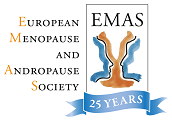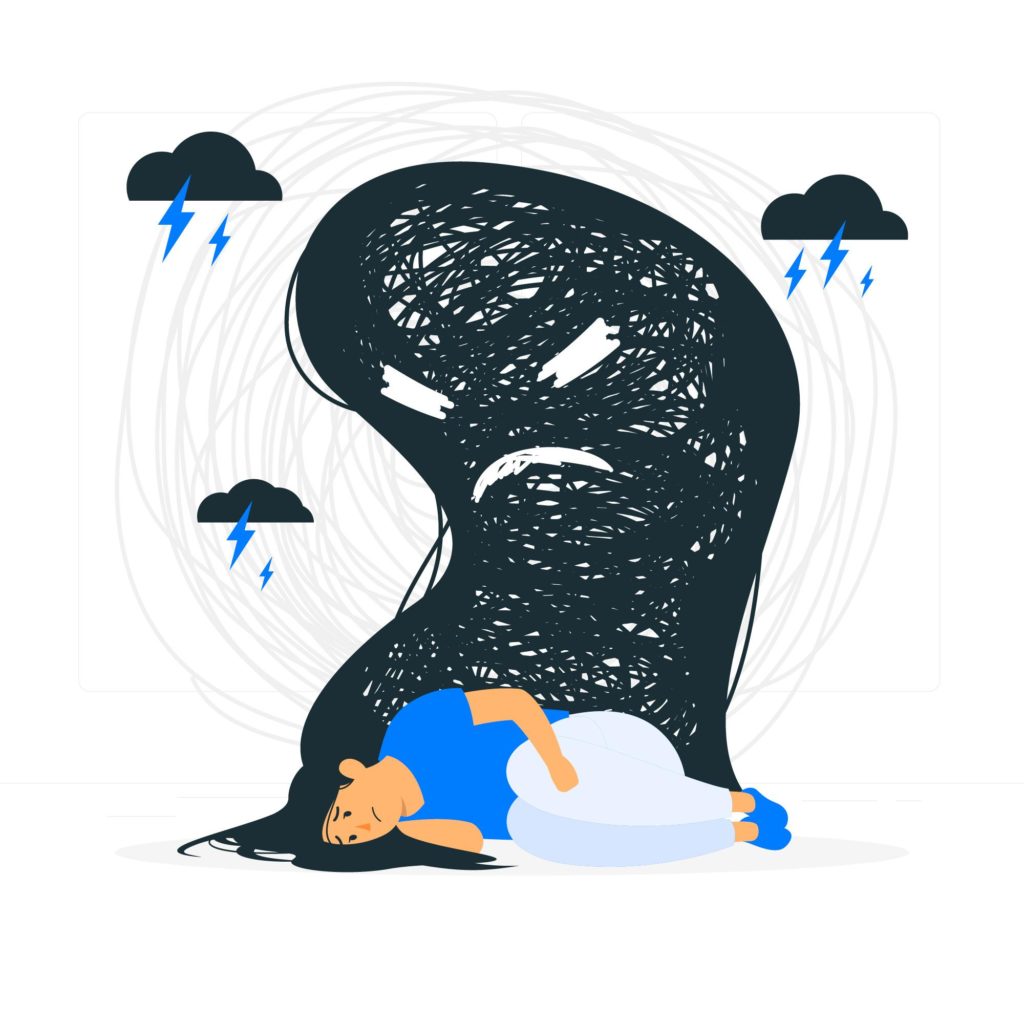Amsterdam, 7 November 2019 – A new position statement by the European Menopause and Andropause
Society (EMAS) published in the journal Maturitas summarises the evidence about the management of depression at menopause.
Globally, the total number of people with depression exceeds 300 million, with a 70% greater incidence in women. The perimenopause is considered to be a time of increased risk for the development of depressive symptoms and major depressive episodes, especially in women who have a history of mood disorder. Furthermore, depressive symptoms can be more severe and more frequent and relapse risk is higher in women.
The aim of this position statement is to provide a comprehensive model of care for depressive symptom management in perimenopausal and early menopausal women, including diagnosis, treatment, and follow-up. The model integrates all those involved in the management of mild or moderate depression in midlife women.
EMAS recommends that awareness of depressive symptoms, early detection, standardized diagnostic procedures, personalized treatment, and a suitable follow-up schedule need to be integrated into healthcare systems worldwide. Treatment goals are to reduce depressive symptoms in the short term and prevent relapse. The treatment options include antidepressants, psychosocial therapies and lifestyle changes. Alternative and complementary therapies, although used broadly, may help with depression, but a stronger evidence base is needed. Although not approved for this indication, menopausal hormone therapy may improve depressive symptoms in peri- but not in postmenopausal women, especially in those hot flushes. Management should be undertaken according to local guidelines regarding delivery of mental healthcare and integrate the various therapeutic options.
Management of depressive symptoms in peri- and postmenopausal women: EMAS position statement

